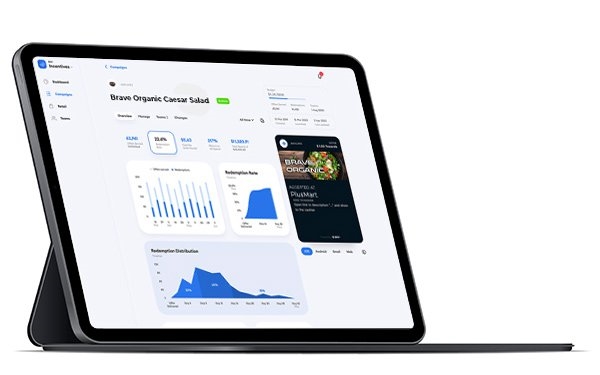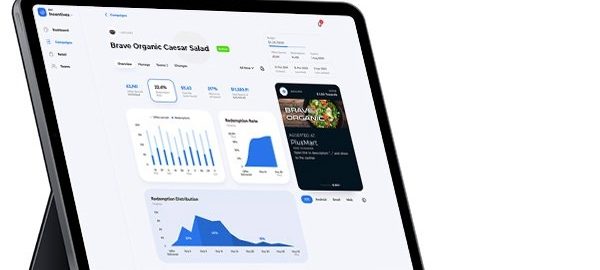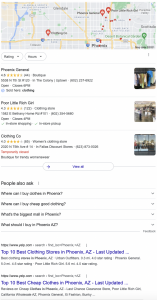Advertisers Can Own, Optimize First-Party Data To Retarget Based On Consumer Response To Promos

SKUx wants to change the way promotions are delivered and redeemed, so developers at the company created technology to capture first-party data based on how consumers engage with offers.
The platform, Buyer (X)ccelerator, gives brands, retailers and agencies a way to capture near real-time insights through first-party data throughout the entire cycle, from initial engagement through redemption, explains Bobby Tinsley, co-founder and EVP of SKUx.
“It lets companies see how consumers respond to their offers,” he said. “It does this across about 20 engagement factors.”
The company monitors more than 20 engagement points through the consumer journey, all based on a fully compliant opt-in process. The data collected allows advertisers to build more personalized experiences. There is also an opt-out portal to remove all information.
Advertisers using this method can retarget a consumer who didn’t engage with the initial offer, A/B test campaigns in near real-time, and serialize each offer to track its use.
Strike Force Energy, for example, ran a promotion to help brands gain personalized consumer insights, sales growth and new trial. The company, which increased redemption rates by 22% throughout the entire process, used specific creatives and media to increase engagement.
Some 97% of consumers viewing the offer claimed it, and 44% of those consumers redeemed the offer. Nearly one-third of those who redeemed the offer had previously never heard of Strike Force. In a survey of consumers who redeemed the offers, 80% rated the process “extremely easy” or “easy.”
Tinsley said it took about six months to refine the process of collecting and tracking the data, ensuring the company does so following privacy compliance laws to power its clients offerings. The company appointed Joshua White as data decision leader earlier this year.
White worked at companies such as Raytheon Technologies, and Wyndham Vacation Ownership, and has a history of managing data governance associated with regulatory protections such as the General Data Protection Regulation (GDPR) in the EU and the California Consumer Privacy Act (CCPA).
(15)
Report Post








